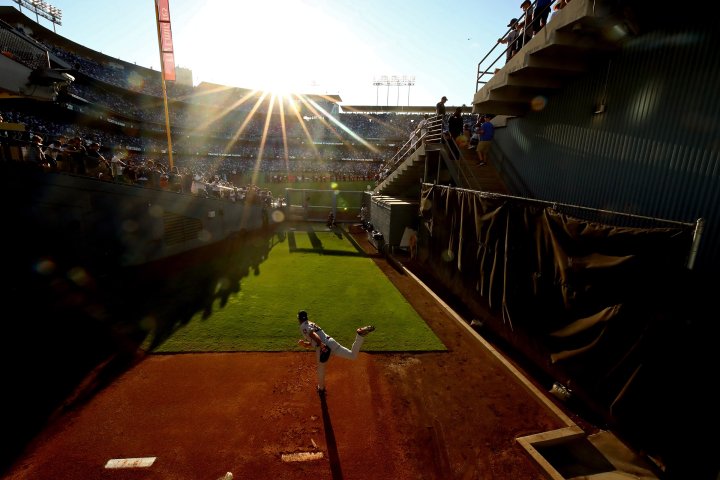In pursuit of baseball excellence, the Houston Astros have consistently turned to risky innovations—and have wound up changing the entire game along the way. For starters, the team hired a former NASA engineer as major league baseball’s first “director of decision sciences.” Then, instead of having fielders stand in the same spots that have been conventional wisdom for decades, the Astros started positioning them where data predicted they’d actually catch the ball. Now, in big-league ballparks across the country, “defensive shifts”—which can, for example, see a third baseman moved to right side of second base, leaving half the infield open—are as common as spitting. Appropriately enough, when Houston clinched its first-ever World Series last fall, it was on a groundout into the shift. But baseball’s smartest team doesn’t just rely on number-crunching. “The analytics don’t appreciate the human element of our game,” says Astros president of baseball operations and general manager Jeff Luhnow, a former McKinsey consultant who directed the team’s transformation into a champion after it lost 100-plus games a season from 2011 to 2013. Sports Illustrated writer Ben Reiter’s new book Astroball details how Luhnow selected shortstop Carlos Correa with the top pick in the 2012 draft based on his personal drive and growth potential, even though numbers indicated that the team should do otherwise. Correa won the 2015 Rookie of the Year award, and made an All-Star team. Now Houston is poised for the postseason again, while investing in artificial intelligence to maintain an edge. “What we’re all trying to grapple with,” says Luhnow, “is how to use computing power to get smarter and smarter.” It’s a whole new ballgame. —Sean Gregory
TIME may receive compensation for some links to products and services on this website. Offers may be subject to change without notice.
